Breadcrumb
- Home
- Blog
Blog
Check Out Blogs by Topic!
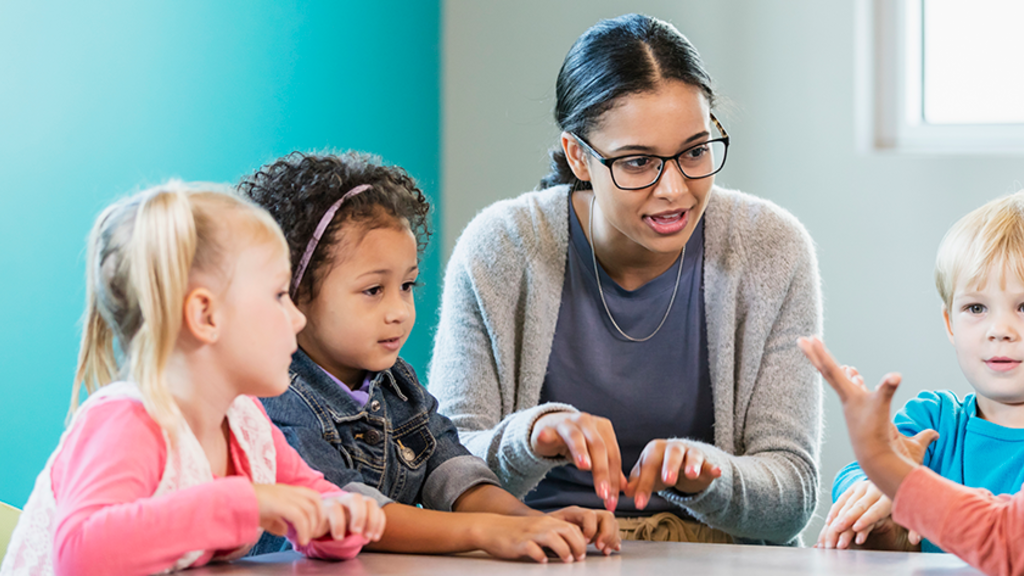
Research Brief: Decontextualized Alphabetic Knowledge Instruction Produces Positive Results
Tuesday, January 28, 2020
Written by
Findings suggest a systematic approach to teaching this prerequisite skill for decoding and writing.
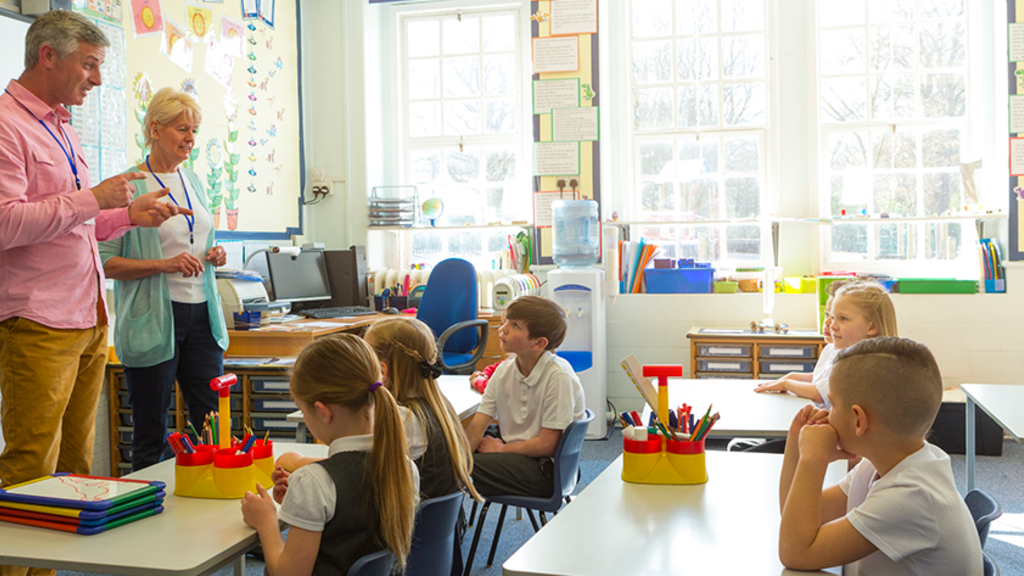
Effective Literacy Lesson: Teaching Consonant Digraphs
Tuesday, January 14, 2020
Written by
This decoding skill helps students read, understand, and independently spell words.
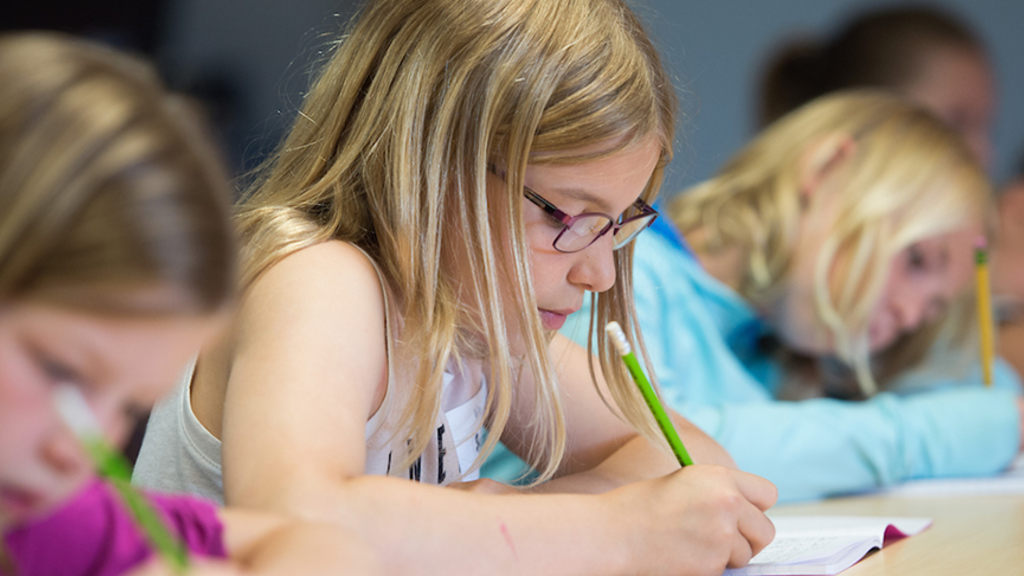
Research Brief: Does It Matter When Students Read the Items on a Comprehension Assessment?
Tuesday, December 17, 2019
Written by
Researchers examined the common approach of having students read the questions before the text on a comprehension test to see how it impacted student performance compared to reading the questions after the text.
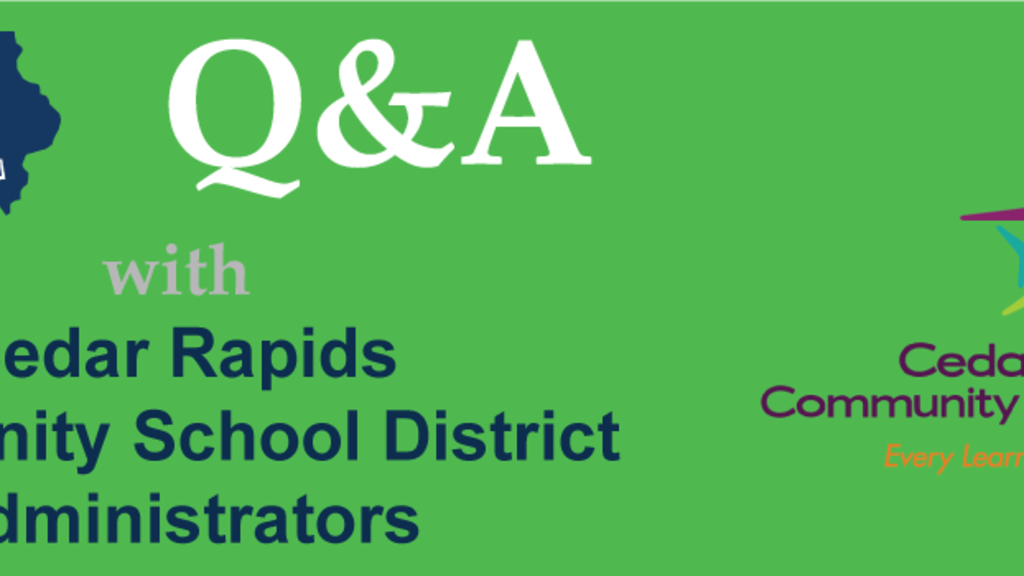
Using a Data-Driven Instructional Cycle to Improve Core Literacy Instruction in Middle School
Tuesday, December 3, 2019
Written by
Learn about an instructional cycle that also involves coaching and planning next steps as a team in our Q&A with Cedar Rapids Schools’ administrators.
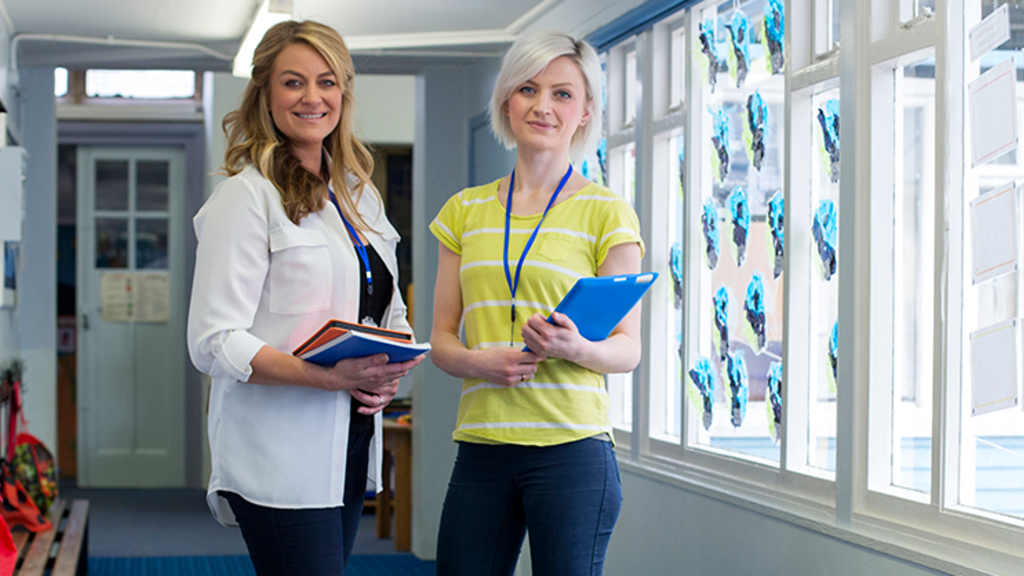
Technically Speaking: Why We Use Random Assignment in Reading Research
Tuesday, November 19, 2019
Written by
Essential principles of study design lead to causal results showing effects on student outcomes.

Technically Speaking: Why We Use Random Sampling in Reading Research
Tuesday, November 12, 2019
Written by
Essential principles of study design lead to generalizable results for a wide reach of students.

Effective Literacy Lesson: Understanding Compound Words Through Their Two Word Parts
Tuesday, October 22, 2019
Written by
Teach students to read and understand a compound word by identifying the two words that make it.

Effective Literacy Lesson: Constructing an Argumentative Claim
Tuesday, October 8, 2019
Written by
Students learn to write a debatable, focused, and clear claim with this instructional approach.
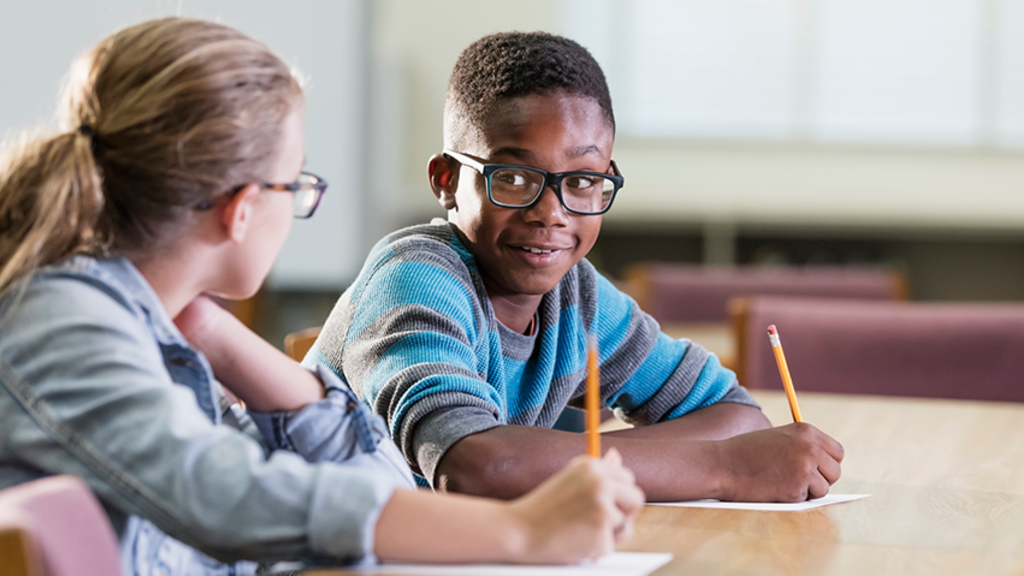
Effective Literacy Lesson: Making and Evaluating Predictions to Support Comprehension
Tuesday, September 24, 2019
Written by
An instructional sequence shows how to help students integrate new info with their mental representation of the text.

Research Brief: Discussing a Vocabulary Graphic Organizer with an Online Partner May Help Students Learn Science Content
Tuesday, September 10, 2019
Written by
Students using the electronic organizer with online discussion showed a stronger path to increased science learning.
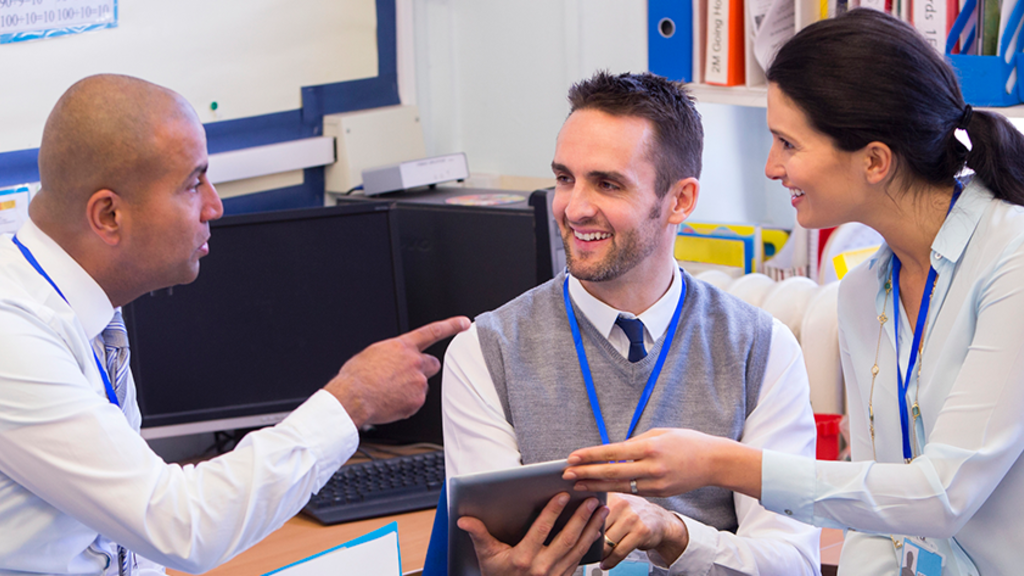
One District’s Journey to Every Middle School Student Achieving Literacy Proficiency
Tuesday, June 4, 2019
Written by
Cedar Rapids schools are creating a shared literacy instructional vision and partnering with the Iowa Reading Research Center.
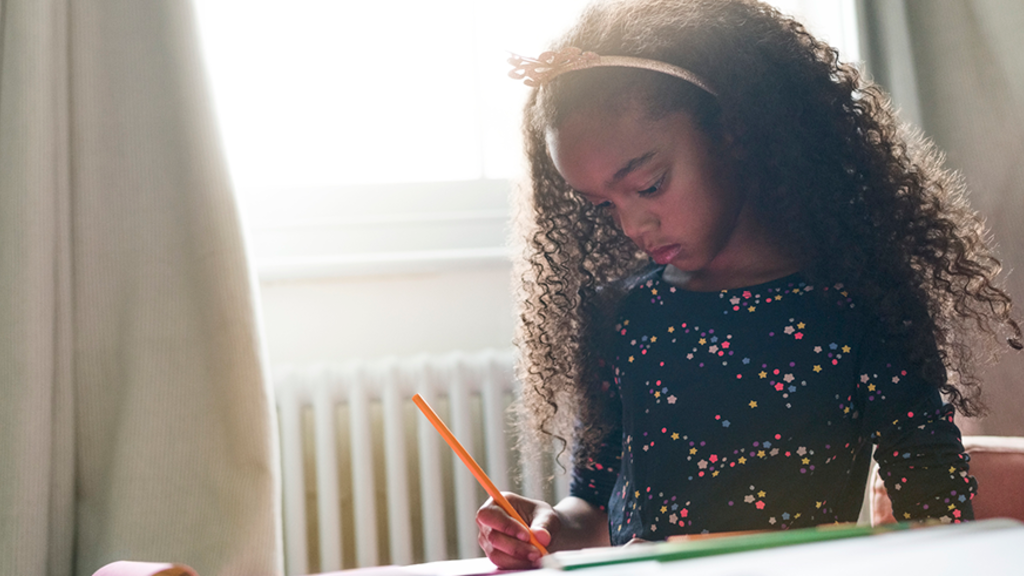
The Continued Importance of Handwriting Instruction
Tuesday, May 21, 2019
Written by
Learning handwriting and practicing it in the home and at school helps early readers learn to recognize letters.

Filling the Gaps: Text Sets Build Background Knowledge and Improve Comprehension of Informational Texts
Tuesday, May 7, 2019
Written by
Consider the objective of the unit and what students already know, and then begin building a diverse set of texts for students to read.

Caregiver Involvement When Reading Books to Children
Tuesday, April 23, 2019
Written by
Children’s literacy development benefits when they discuss four key elements of stories read by their caregivers.

An Explanation of Structured Literacy, and a Comparison to Balanced Literacy
Tuesday, April 9, 2019
Written by
An explicit or implicit approach to literacy learning? See why the former approach tends to work better for all learners.
Pagination